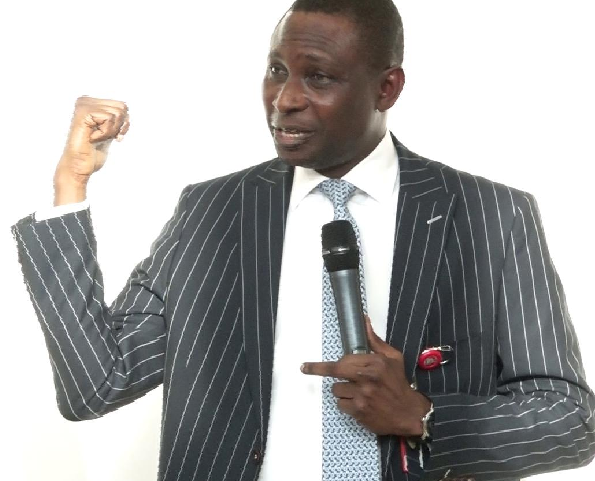Nigeria lost more than $500m to cybercrime in one year — EFCC
The Economic and Financial Crimes Commission (EFCC) says Nigeria lost more than 500 million dollars to cybercrime in 2022, warning that if unchecked, the current cybercrime wave portended a grave danger. EFCC Chairman, Ola Olukoyede, made this known on Tuesday in Abuja at the 2024 National Cybersecurity Summit with the theme: “Alternatives to Cybercrimes; Optimizing […]

The Economic and Financial Crimes Commission (EFCC) says Nigeria lost more than 500 million dollars to cybercrime in 2022, warning that if unchecked, the current cybercrime wave portended a grave danger.
EFCC Chairman, Ola Olukoyede, made this known on Tuesday in Abuja at the 2024 National Cybersecurity Summit with the theme: “Alternatives to Cybercrimes; Optimizing Cyber Skills for National Development.”
The event was organised by EFCC with the support of the EU-funded Rule of Law and Anti-Corruption (RoLAC-Phase II) Programme of the International Institute of Democracy and Electoral Assistance (International IDEA).
“Projections by multiple sources show that the global loss to cybercrimes may reach a staggering 10.5 trillion dollars.
“As a matter of fact, the research I did earlier this year confirmed that cybercrime has become the third largest GDP in the world with approximately 2,328 cases occurring daily.
“The implication of all this is that if left unchecked, cybercrimes portend grave dangers to the entire world.
“Bringing it to Nigeria, in 2022 alone, Nigeria lost over 500 million dollars to cybercrime,” he said.
Olukoyede said cybercrime accounted for a significant percentage of the convictions recorded by the agency since his one year in office as the chairman of the EFCC.
“These are the realities stalking the commission’s fight against these crimes.
“Cybercrime accounts for a significant percentage of the 3,455 convictions recorded by EFCC in my one year as the Executive Chairman of EFCC,” he said.
He, however, said there were plans to re-channel the energies of young people, who are mostly perpetrators of cybercrime.
“First, there is an alternative of creative and innovative development of socially beneficial applications that can deliver better prospects than internet fraud.
“Today’s event is tailored towards exposing young Nigerians with strong tech skills to the opportunities that abound in various industries and sectors for legitimate wealth, creation, and honest livelihood.
“These opportunities can be found in the creative industry, tech, ecosystem, financial services sector, medical services, and even law enforcement, your lens,” he said.
According to him, the fight against cybercrime is a collective one that cannot be left alone for the EFCC.
The EFCC chairman stressed the importance of engaging state governors in tackling cybercrime at all levels.
”This time around, we are not only interrogating the problems, we are aggregating workable solutions to it.
“What alternative do we have for our youth?
“And that’s where it has become imperative to bring the state governors so that as we are tackling it at the federal level, sub-nationals will also have a role to play.
“The enormity of challenges posed to us as individuals and as a country by cybercrimes are grievous as individuals,” he said.
Olukoyede noted that youth involvement in cybercrime was distorting and corrupting acceptable family values.
“The tendency towards quick riches no longer positions our young people for enterprise, resourceful intellectual aspirations and technological innovations,” he said.
Also speaking, the First Lady, Sen. Oluremi Tinubu, said it was imperative to involve stakeholders to win the war against cybersecurity in the country.
She said that cybercrime was not just a crime against individuals or businesses but an assault on collective integrity, nation’s economic stability and the future of the youth.
She expressed concern over the alarming rates of youth involvement in cybercrime and urged parents to guide their children appropriately by inculcating good values, morals and sense of patriotism in them.
The Head of Programme, International IDEA, Mr Danladi Plang, called for a rethink of the traditional approach of arrest, trial, conviction and imprisonment in fighting crime.
He said that this could be done by focusing on other ways of channelling the energies of youth and their skills in the use of technology.(NAN)
